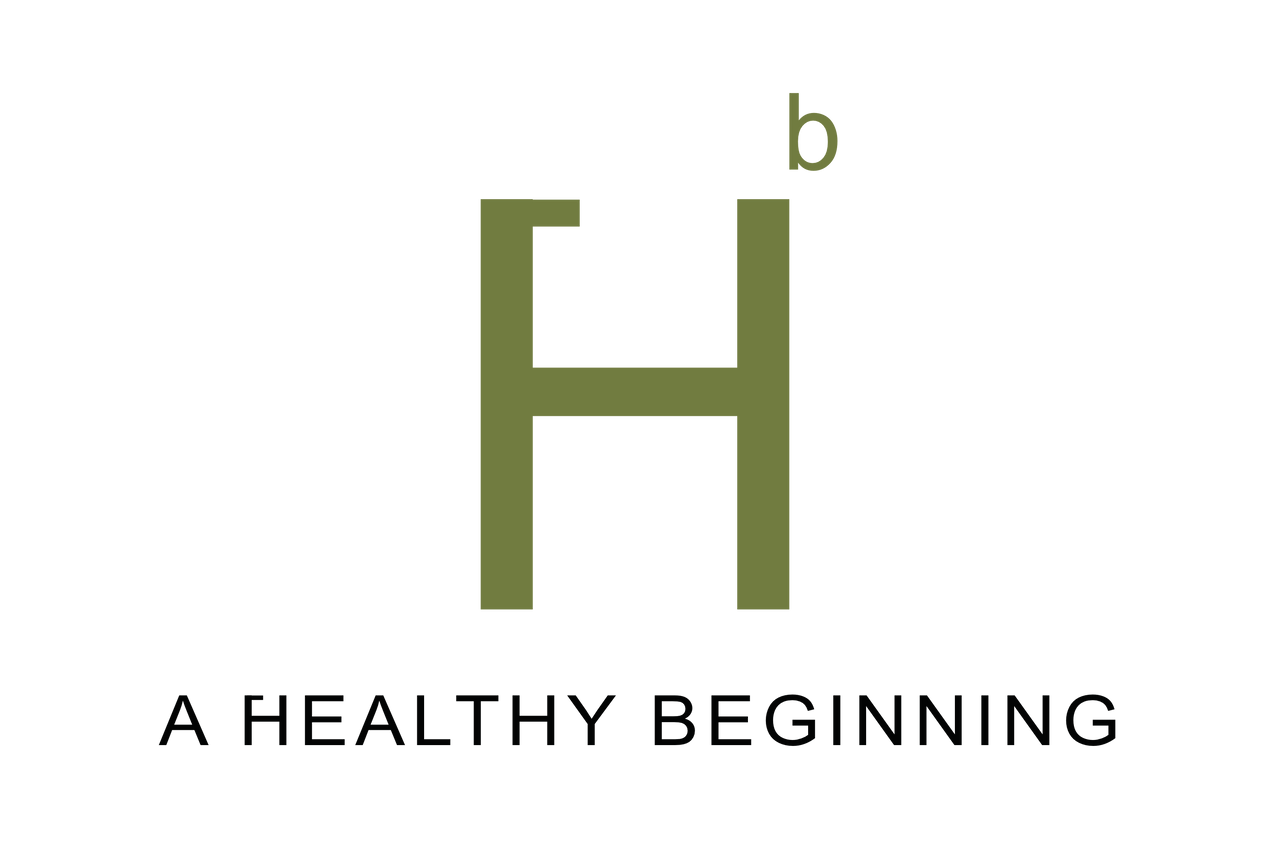
Are Water Filters Worth It?
Today, I’m going to answer a question that I commonly get from my readers and clients – Are water filters worth it, and if so what do you recommend?
The answer depends on where you live and the condition of your building. For this article, I’m going to focus on the Metro Vancouver region. For other regions, I recommend doing some research to figure out how your tap water is treated and finding the water quality report for your area. Visit this guide to learn how to read a water quality report.
Generally, in the Metro Vancouver region, the quality of our tap water is high. Metro Vancouver, the governing body that looks after water quality, ensures that our watershed is protected and tests our tap water on a regular basis to make sure it is safe and clean. As a result, if you were to check out a water quality report for Metro Vancouver, you would find that the levels of impurities in our water are generally quite low.
Therefore, unless you live in an older building (i.e., older than 1989) that could potentially have lead pipes, or fixtures or solder with lead, the only concern that I generally have is chlorine in the water. Chlorine is added to disinfect the water before it reaches the tap. While chlorine is very effective in reducing waterborne diseases, it also does not distinguish between bad bacteria from good bacteria. This means it could be detrimental to the good bacteria in our bodies.
Luckily, chlorine is a gas so it does leave water relatively quickly. That means one way to remove the chlorine from your water is to simply fill a glass jug with water and let it sit in the fridge overnight to get rid of most of the chlorine. However, if you’re like my family and go through a lot of water each day, or if you do live in an older building, then you could consider getting a water filter.
The water filter our family uses simply consists of a few pieces of activated charcoal, which is effective in removing chlorine and heavy metals like lead, mercury, and copper, and adds alkalizing minerals like calcium and magnesium. Activated charcoal is also what’s used in most pitcher filters. The advantage to using whole pieces of activated charcoal, however, is that you can compost the pieces once they are no longer effective (which is usually in about 3 to 4 months), so you can minimize the waste you are producing. Whole pieces of activated charcoal are sold by an increasing number of vendors in Metro Vancouver, including The Soap Dispensary and Kitchen Staples.
If you are interested in alkalizing your water, another cheap and effective option is to simply add lemon to your water. Lemons are alkalizing as they contain high levels of alkaline minerals.
For more information about Metro Vancouver’s water treatment process, visit their website.
And for more information about water filtration devices, visit the Environmental Working Group’s Water Filter Buying Guide.
